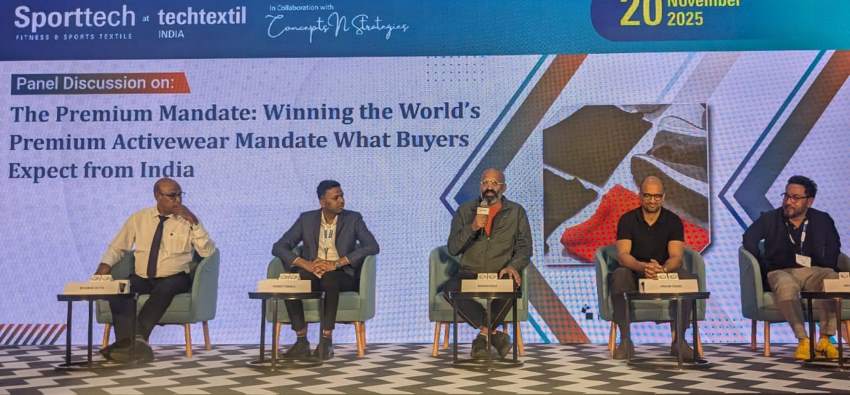Protests greeted negotiations for the Regional Comprehensive Economic Partnership (RCEP) which took place in Hyderabad recently. Trade unions and civil society organizations joined forces to voice their concerns. They consisted of some 600 people across India representing trade unions, farmers, agricultural workers, patient groups, public health activists, NGOs, street vendors, human rights activists, academics and many others. They shared concerns from the respective sectors, strongly criticized the limited space created for stakeholder intervention and called for transparency and a democratic process.
They opposed the investor state dispute settlement provisions as they shift the rules of the global economy in favor of corporations and against workers. RCEP is a proposed mega regional free trade agreement currently being negotiated by 16 countries including Asean members and their six FTA partners namely India, China, Australia, Japan, South Korea and New Zealand.
The 16 RCEP participating countries account for almost half of the world’s population, almost 30 per cent of global GDP and over a quarter of world exports. RCEP negotiations consist of roughly 23 chapters and aim to rewrite trade and regulatory rules in areas including agricultural and industrial goods, investment, intellectual property rights, services, competition policies and e-commerce.
Hyderabad protests against RCEP session
- 1
- 2
- 3
- 4
- 5
- 6
- 7
- 8
- 9
- 10
Beyond Search and Scroll: Why AI-powered shopping is becoming retail’s new opera…
When ChatGPT unveiled its Instant Checkout capability allowing users to discover, evaluate, and purchase products within a single conversational interface... Read more
How global acrylic fiber leaders engineered price stability amid historic ACN cr…
The global Acrylic Staple Fibre (ASF) market, long known for its sensitivity to violent swings in petrochemical feedstocks is facing... Read more
GTE 2025: An impactful event driving industry excellence
Jointly organized by Garment Technology Expo and India Exposition Mart(IEML), the 38th edition of the Garment Technology Expo (GTE) proved... Read more
Threads of Labor and Steel: The human-machine ecosystem powering India’s textile…
India generates nearly eight million tonnes of textile waste every year, placing the country at the center of the global... Read more
Hanging by a Thread: US Tariffs cripple Indian textile exports, orders drop 70%
India’s textile and apparel industry is facing an unexpected mid-cycle rupture that is reshaping the sector’s economics far faster than... Read more
Sourcing's new compass, navigating apparel's great migration beyond Asia
The global apparel sourcing business is redefining the metrics of success beyond traditional labor costs. Led by geopolitical risks, consumer... Read more
No A-Grades for Climate: What the fossil-free fashion scorecard reveals about in…
For years, the global fashion industry has promised a cleaner, greener future but 2025’s Fossil-Free Fashion Scorecard by STAND.earth offers... Read more
Wired Threads: How India’s textile backbone is powering the smart apparel future
India’s huge textile industry, long celebrated for its command over cotton and competitive manufacturing scale, is going through a foundational... Read more
The New Core Competency: How sustainability and advanced fabrics are driving Ind…
The SportTech Pavilion at Techtextil India, hosted by Concepts N Strategies, concluded with a unanimous declaration: for India to successfully... Read more
New EU import rules set to raise prices for Shein and Temu, boosting European re…
Europe’s fashion and textile scenario is on the verge of its most consequential structural shift in over a decade. The... Read more












